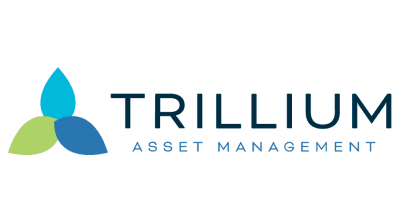Trillium’s Engagement to Reduce Toxic Chemical Pollution
Chemicals have been important drivers of economic growth, but the cost of poor management and the long-term impacts of chemicals in use has been largely ignored. The costs associated with environmental chemical exposures worldwide likely exceeds 10% of global GDP or $11 trillion. 2 In the U.S., for example, poly and perfluoroalkyl substances (PFASs), or forever chemicals, that scientists have linked to high cholesterol, thyroid diseases, and kidney and testicular cancers have cost cities and towns enormous sums. Investors know the short-term impacts – stockholders of PFAS producers lost $82 billion in value between January 2018 and September 2020, but the long-term costs are still mostly unknown.
What all this points to is an urgency and opportunity for investors to press companies to address the negative economic, social, and environmental impacts of toxic chemicals and invest in safer alternatives. Importantly, investors need to understand if and how companies are measuring the mass of hazardous chemicals use and reducing what is often called their chemical footprint. The good news is companies such as Herman Miller, Seventh Generation, HP Inc., Reckitt Benckiser Group, plc, and others are staking out leadership positions. These companies are tackling the complex issues chemicals create in supply chains, while prioritizing chemical foot printing, reduction and disclosure, all which we believe can accrue advantages in the face of regulatory changes and consumer preferences for greener, healthier materials. More companies need to do the same.
DOWNLOAD THE ARTICLE to learn more about how IEHN Member, Trillium, advocates for safer products, workplaces and communitites.


